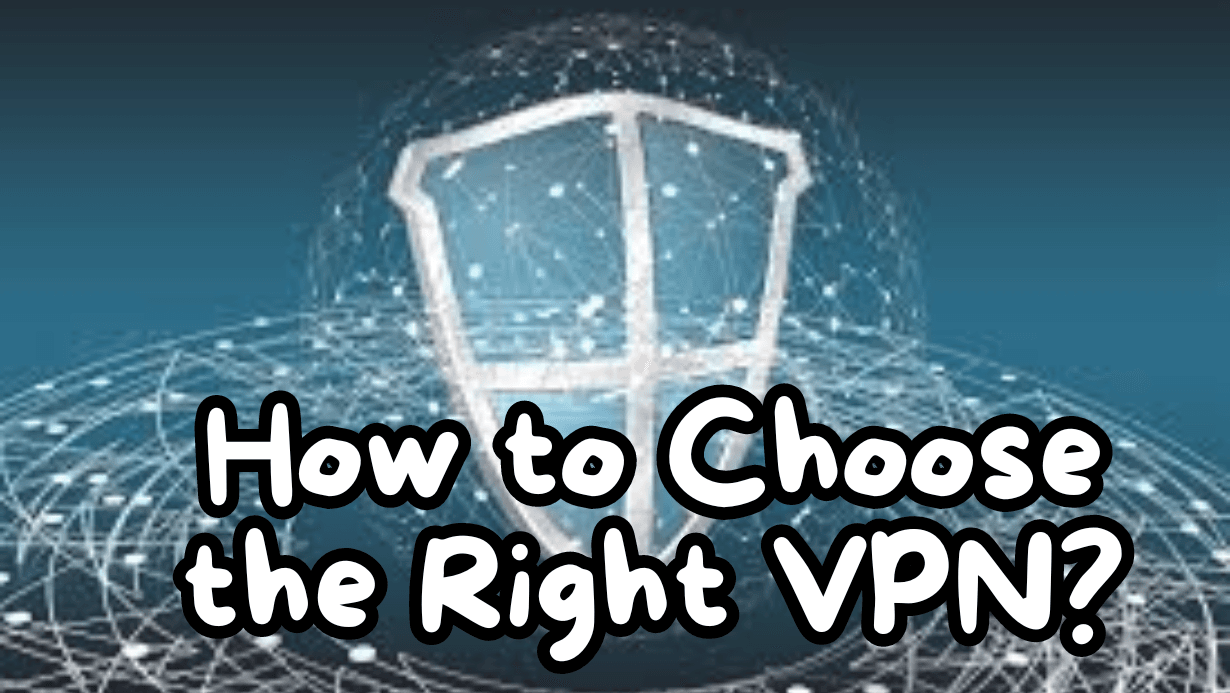In an era where online privacy and security are more important than ever, a Virtual Private Network (VPN) can be a valuable tool.
Whether you’re looking to protect your data, access geo-restricted content, or maintain anonymity online, choosing the right VPN is crucial. With numerous options available, selecting a VPN that meets your specific needs can be challenging.
This guide will help you navigate the process and choose the best VPN for your requirements.
Determine Your VPN Needs
Before selecting a VPN, consider what you need it for:
- Privacy and Anonymity: If your primary concern is maintaining privacy and anonymity while browsing, look for a VPN with a strict no-logs policy and strong encryption.
- Accessing Geo-Restricted Content: For streaming or accessing content restricted to certain regions, choose a VPN with a large number of servers in various countries.
- Secure Public Wi-Fi: If you often connect to public Wi-Fi networks, opt for a VPN with strong encryption and a kill switch feature to protect your data.
Evaluate Encryption and Security Features
- Encryption Standards: Look for a VPN that uses strong encryption protocols, such as AES-256, to ensure your data is secure.
- Protocols: Common VPN protocols include OpenVPN, IKEv2/IPSec, and WireGuard. Each offers different balances of speed and security. Choose a VPN that supports the protocol best suited to your needs.
- Kill Switch: A kill switch is a critical feature that disconnects your internet connection if the VPN connection drops, preventing data leaks.
Check the VPN’s Privacy Policy
- No-Logs Policy: Ensure the VPN provider has a clear no-logs policy, meaning they do not store any records of your online activities.
- Jurisdiction: Consider the jurisdiction under which the VPN operates. Providers based in privacy-friendly countries are less likely to be compelled to share user data with authorities.
Assess Server Locations and Speed
- Server Network: Choose a VPN with a broad network of servers across multiple countries. This will give you more options for bypassing geo-restrictions and accessing content from various regions.
- Speed: Check for information on the VPN’s speed and performance. Some VPNs may slow down your internet connection, so opt for one with minimal impact on speed.
Evaluate Device Compatibility
- Supported Devices: Ensure the VPN supports all the devices and platforms you use, such as Windows, macOS, iOS, Android, and Linux.
- Simultaneous Connections: Check how many devices can be connected to the VPN simultaneously. Some providers offer unlimited connections, while others may have a limit.
Look for User-Friendly Features
- Ease of Use: Choose a VPN with an intuitive and easy-to-use interface. This will make it simpler to set up and manage your VPN connections.
- Customer Support: Reliable customer support is essential for resolving any issues that may arise. Look for providers that offer 24/7 support via live chat, email, or phone.
Consider Cost and Subscription Plans
- Pricing: Compare the pricing of different VPN providers. While free VPNs are available, they may have limitations or potential security risks. Paid plans often offer better security and features.
- Free Trials and Money-Back Guarantees: Opt for VPNs that offer free trials or money-back guarantees, allowing you to test the service before committing to a long-term subscription.
Review User Feedback and Reputation
- User Reviews: Check reviews and ratings from other users to gauge the reliability and performance of the VPN.
- Reputation: Research the VPN provider’s reputation and history to ensure they have a track record of maintaining user privacy and providing quality service.
Test the VPN
- Performance Testing: After selecting a VPN, test its performance with different servers to ensure it meets your speed and connectivity requirements.
- Feature Testing: Verify that all features, such as the kill switch and DNS leak protection, work as expected.
Conclusion
Choosing the right VPN involves considering your specific needs, evaluating security features, and comparing performance and cost.
By understanding what you need from a VPN and carefully reviewing your options, you can select a service that provides robust privacy protection, reliable performance, and excellent value.
With the right VPN, you can enjoy enhanced security and access to global content, knowing that your online activities are protected.
